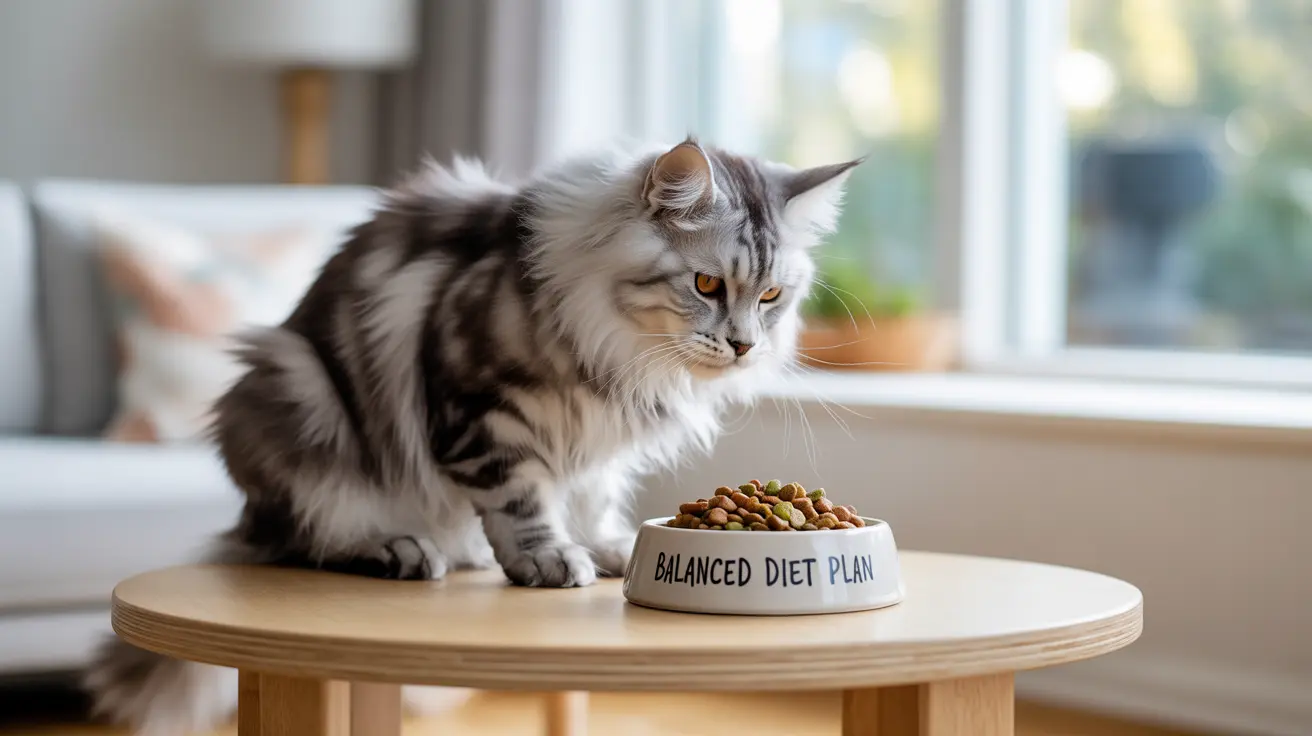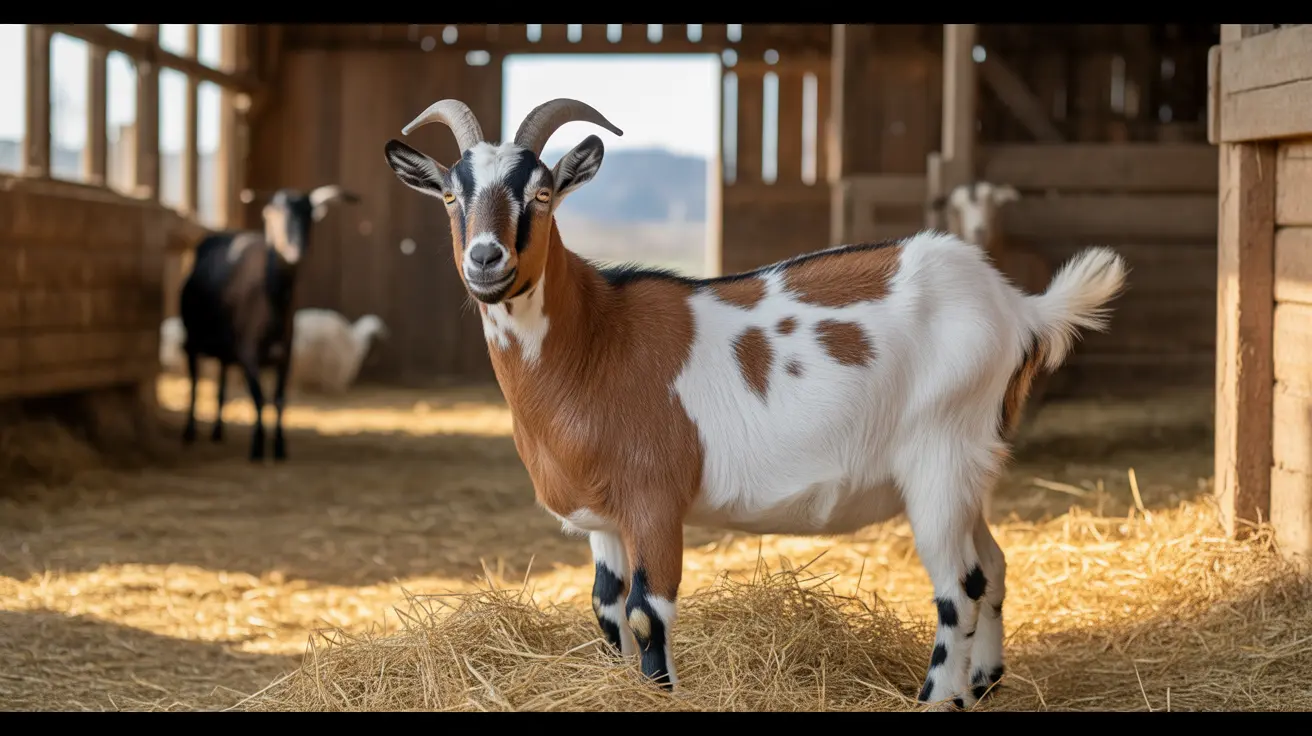Introduction
Understanding common cat illnesses and their relationship with nutrition is crucial for every cat owner. Your feline friend's diet plays a vital role in preventing, managing, and sometimes even treating various health conditions. From digestive issues to heart disease, what your cat eats directly impacts their overall health and well-being.
In this comprehensive guide, we'll explore how nutrition affects common cat illnesses and what you can do to keep your pet healthy through proper dietary choices. We'll also discuss warning signs to watch for and when to seek veterinary care.
The Connection Between Diet and Feline Health
Cats are obligate carnivores, requiring specific nutrients that can only be found in animal-based proteins. A properly balanced diet is essential for preventing many common health issues. Poor nutrition can lead to various problems, from obvious symptoms like weight gain to more subtle issues affecting internal organs.
Recent studies show that approximately 59% of cats in the United States are overweight or obese, making nutrition-related diseases some of the most prevalent health issues veterinarians treat.
Major Nutrition-Related Health Conditions
Obesity and Related Complications
Excess weight is one of the most common cat illnesses directly linked to diet. Overweight cats are at higher risk for diabetes, arthritis, and various other health complications. Proper portion control and appropriate food selection are crucial for prevention and management.
Digestive System Problems
Digestive issues like diarrhea and pancreatitis often have dietary components. These conditions can be triggered by sudden food changes, allergies, or inappropriate nutrition choices. Many cases can be managed through careful dietary adjustments and veterinary guidance.
Urinary Tract Health
Feline Lower Urinary Tract Disease (FLUTD) is significantly influenced by diet and hydration. Proper moisture content and balanced minerals in food can help prevent crystal formation and reduce inflammation in the urinary tract.
Prevention Through Proper Nutrition
Many common cat illnesses can be prevented or managed through appropriate nutrition. Key preventive measures include:
- Feeding life-stage appropriate diets
- Maintaining proper hydration
- Avoiding sudden dietary changes
- Monitoring portion sizes
- Choosing high-quality commercial cat foods
Warning Signs of Nutrition-Related Issues
Watch for these indicators that your cat might be developing a nutrition-related illness:
- Changes in appetite or water consumption
- Unexplained weight loss or gain
- Vomiting or diarrhea
- Poor coat condition
- Lethargy or decreased activity
Frequently Asked Questions
How does my cat's diet influence the risk of obesity and other common illnesses?
Your cat's diet directly affects their weight and overall health. Excess calories lead to obesity, which increases the risk of diabetes, arthritis, and heart disease. A balanced, portion-controlled diet helps maintain healthy weight and reduces disease risk.
What should I feed my cat to help prevent urinary tract problems like FLUTD?
To prevent urinary issues, feed a diet with appropriate moisture content, ideally including wet food. Look for foods formulated to maintain proper urinary pH and mineral balance. Ensure fresh water is always available.
Are there specific nutritional signs that suggest my cat has a dietary deficiency or allergy?
Yes, signs of nutritional deficiencies or allergies can include skin problems, digestive issues, poor coat quality, and lethargy. Chronic itching, vomiting, or diarrhea may indicate food allergies.
How can changing my cat's food help manage digestive issues like diarrhea or pancreatitis?
Switching to easily digestible, low-fat foods can help manage these conditions. For diarrhea, a bland diet may be recommended temporarily. Pancreatitis often requires specific veterinary-prescribed diets low in fat.
What dietary changes should I make if my cat has heart disease or needs to lose weight?
Cats with heart disease typically need low-sodium diets. For weight loss, reduce calories while maintaining essential nutrients through portion control and specific weight-management formulas under veterinary supervision.
Conclusion
Understanding the relationship between nutrition and common cat illnesses is essential for maintaining your pet's health. By providing appropriate nutrition and monitoring for early warning signs, you can help prevent many health issues and ensure your cat lives a longer, healthier life. Always consult with your veterinarian about specific dietary needs, especially if your cat has existing health conditions.






